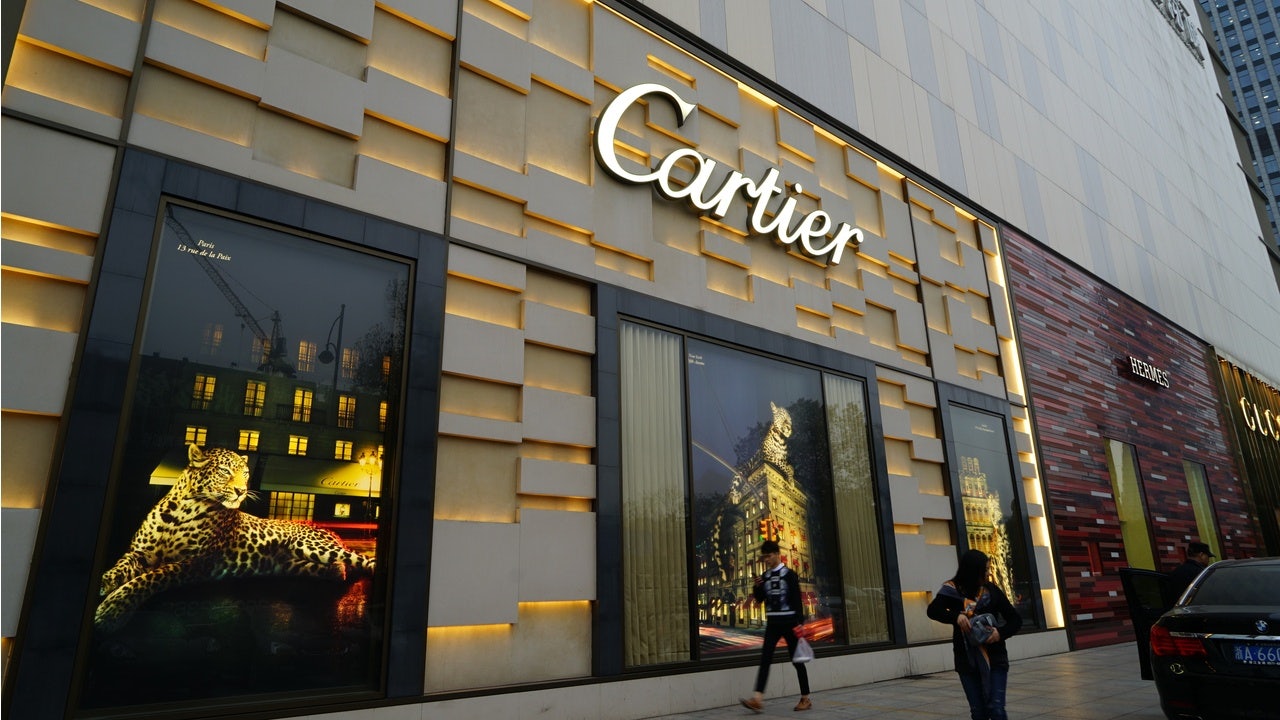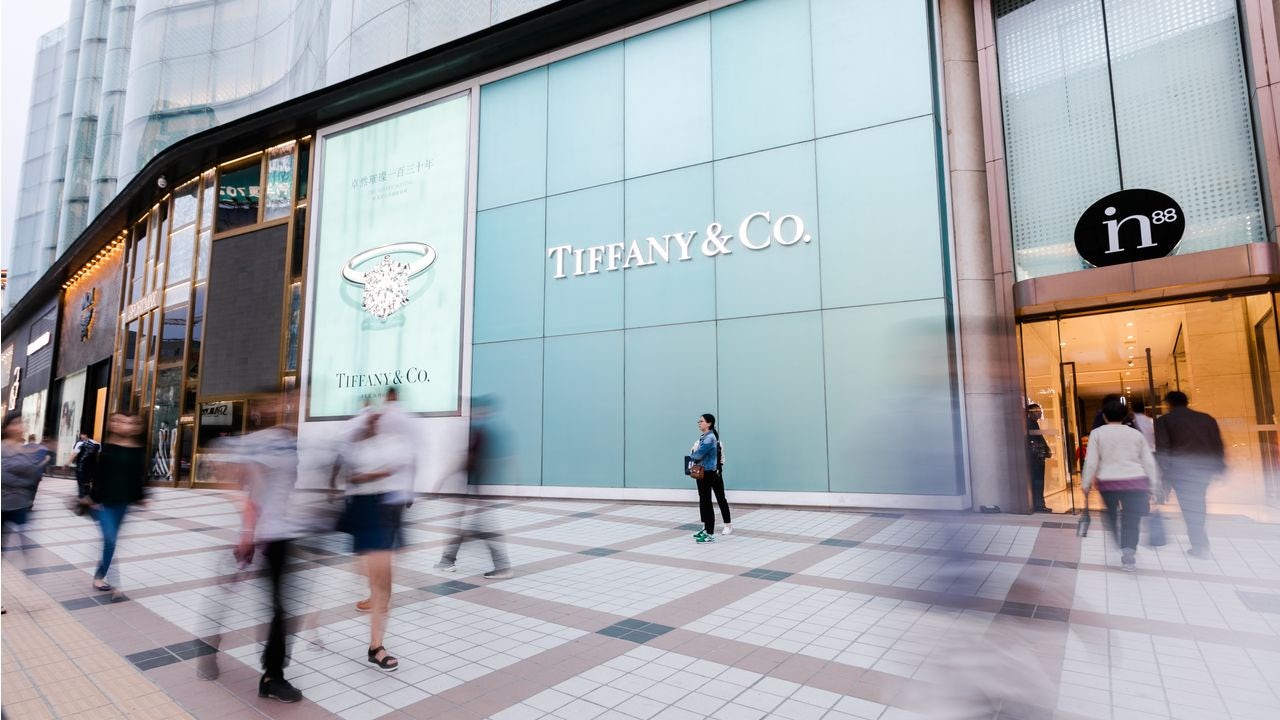What happened
China’s gross domestic product (GDP) slowed to 4.9 percent in the July-September quarter compared to a year earlier, according to the National Bureau of Statistics (NBS).
The disappointing growth fell below expectations and showed a strong deceleration from the first quarter when China expanded at a record pace of 18.3 percent. Many attribute the slowdown to power shortages, a coal crisis, supply chain issues, and turbulence in the property market, including the Evergrande Group debt crisis.
Experts told Global Times that China’s GDP growth for the fourth quarter should face extra pressure, as it may sharpen the GDP growth slowdown for all of 2021. “The domestic economic recovery is still unstable and uneven,” said NBS spokesperson Fu Linghui. “Since entering the third quarter, domestic and overseas risks and challenges have increased.”
The Jing Take
Beijing urgently needs to address its economic challenges and tackle the energy crisis. China’s severe power crisis has already forced various factories to shut down or slow production, including factories that supply Apple and Tesla. That will further contribute to global supply chain chaos, which will hit the technology industry and semiconductor companies even harder.
“The power-supply shock in the world's second-biggest economy and the biggest manufacturer will ripple through and impact global markets," wrote analysts at Nomura in a note from September 24. And according to Reuters, the Nomura note warns that the global supply of textiles, toys, and machine parts might get disrupted.
Meanwhile, the debt-ridden housing market could cause a strong economic shock and even recession. In a recent research paper, the Thomas D. Cabot professor of public policy and economics at Harvard Kenneth Rogoff and visiting Harvard University fellow and Ph.D. from the PBC School of Finance at Tsinghua University Yuanchen Yang suggest that China’s real estate sector has grown so quickly that a notable housing slowdown should significantly impact growth.
In Rogoff’s opinion, China has followed a similar debt-fueled investment path as Spain and Ireland, which forced those countries into dramatic austerity measures and recessions.
Undoubtedly, the retail sector will find it difficult to weather these challenges. As consumers turn their attention to products that bring real value, discount sellers and off-price retailers should register success. But overall, a sharp drop in consumer sentiment, lower demand, and higher economic uncertainty will subject the retail sector to a great deal of stress.
As such, the demand for luxury goods should also decline. Additionally, a current global shift from conspicuous to inconspicuous consumption will likely create further disruptions, accelerating that sharp decline in demand.
The Jing Take reports on a piece of the leading news and presents our editorial team’s analysis of the key implications for the luxury industry. In the recurring column, we analyze everything from product drops and mergers to heated debate sprouting on Chinese social media.

